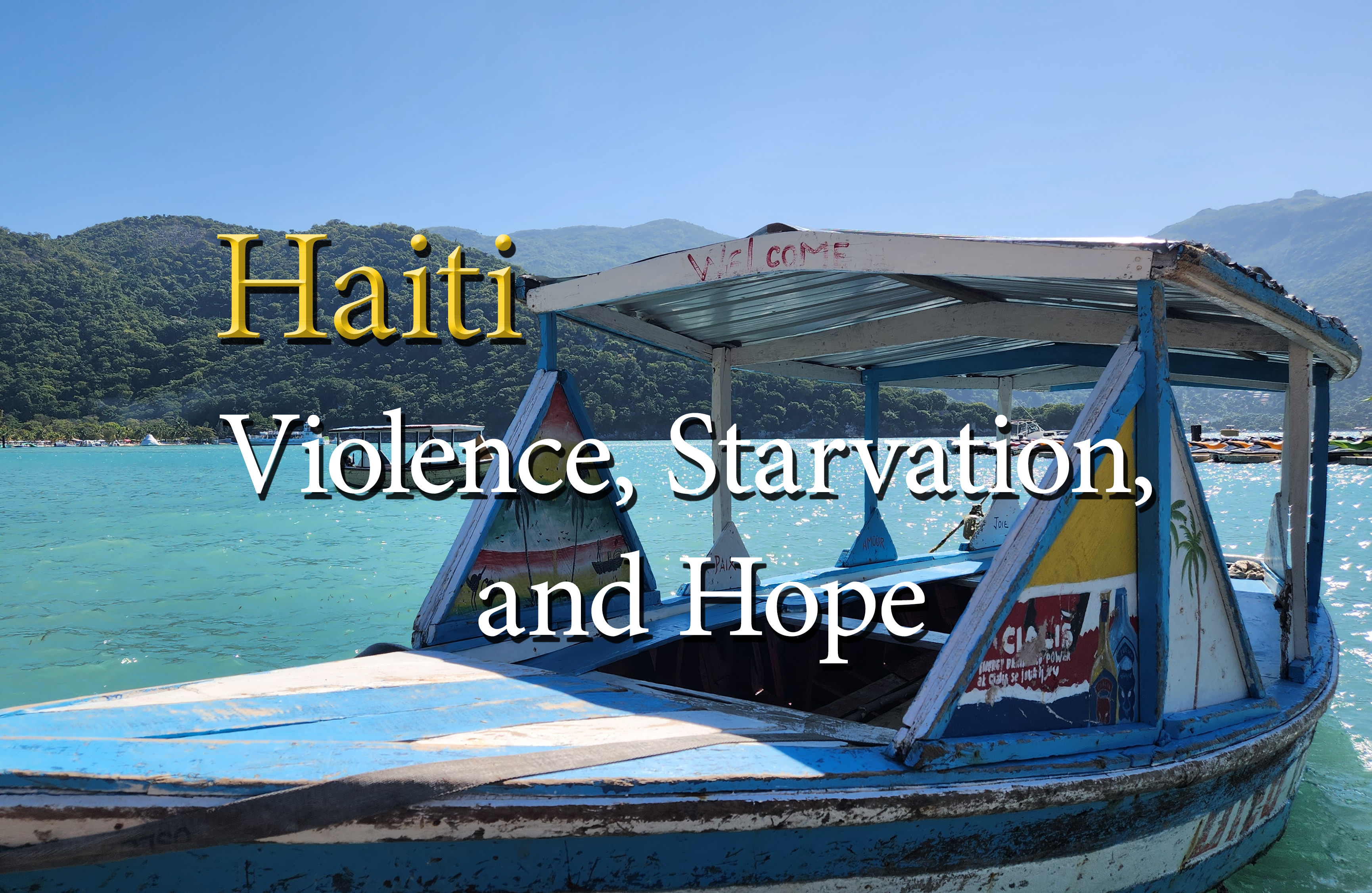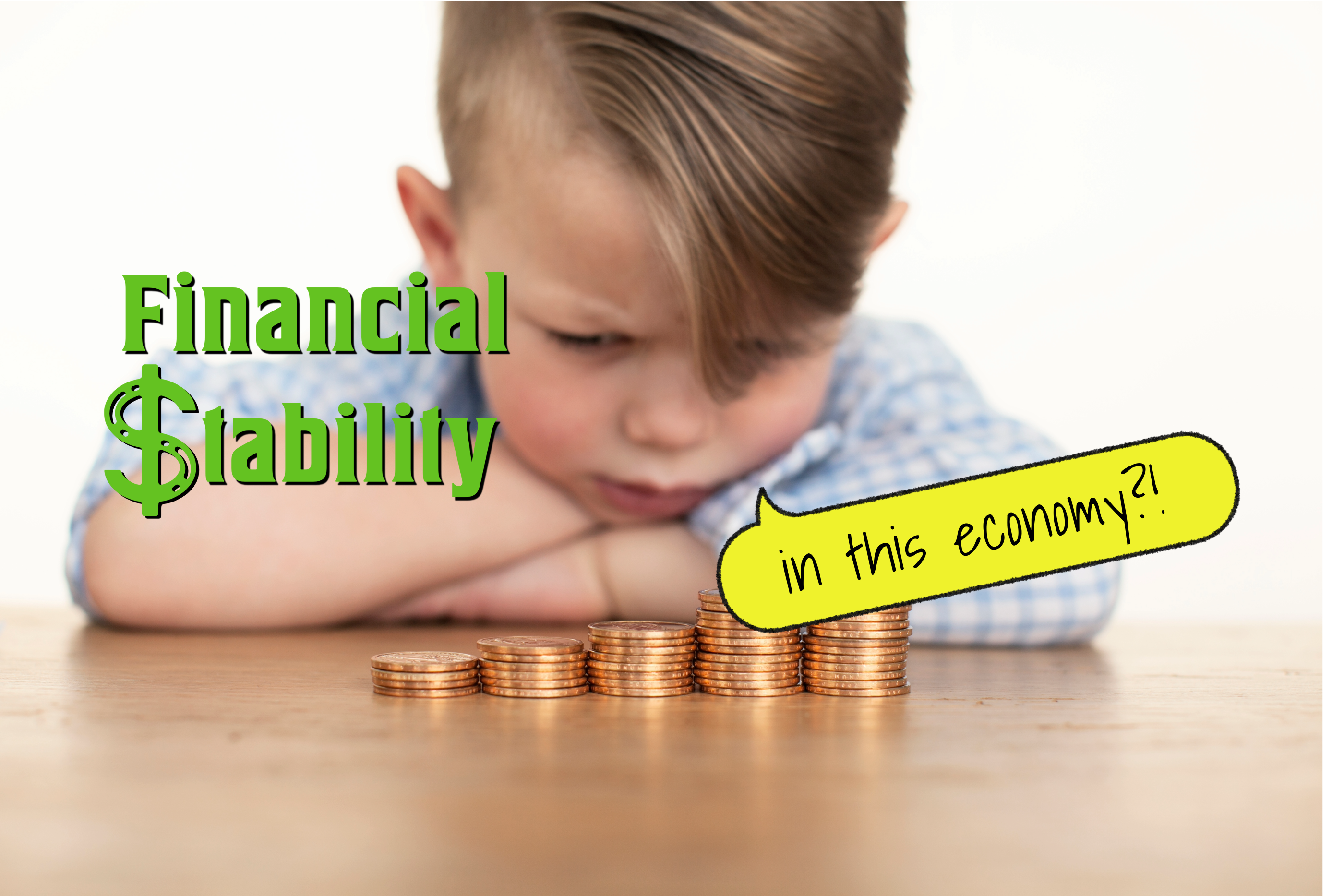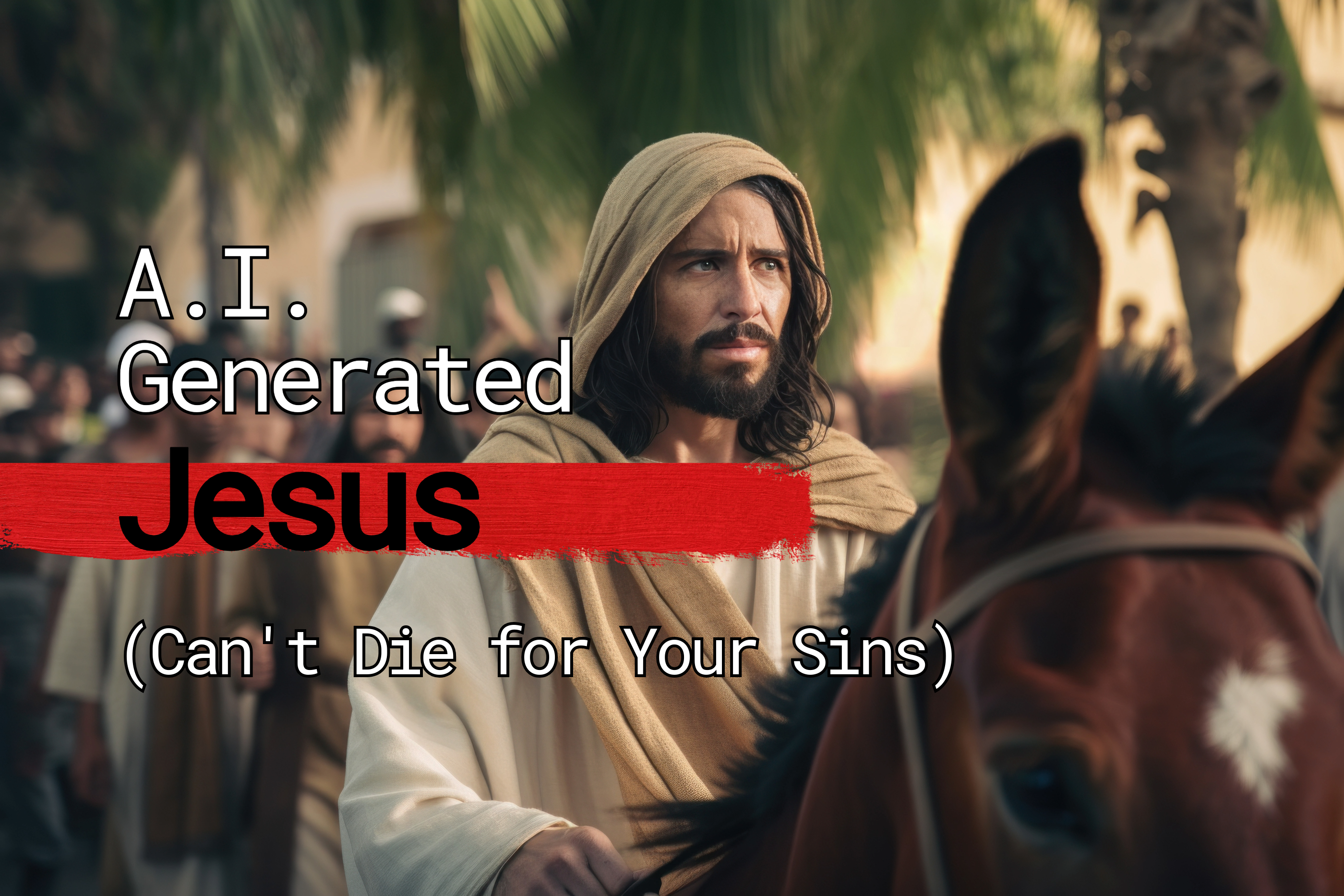
Life in Haiti has grown dire, short, and apocalyptic. The Project Help Haiti (PHH) hospital administrator in Pierre Payen, who we'll call "X", spoke candidly and passionately to us about the knife’s edge that the country sits upon, and what the consequences will be if wide sweeping changes don’t come soon.
Since the assassination of President Jovenel Moïse in 2021, and the subsequent earthquake a few weeks later, Haiti has been thrown into a downward spiral of political mismanagement, gang violence, and economic depression. Those two events are the most direct links to the current crisis, but in truth, Haiti’s woes started long before, and trying to trace that timeline is like watching a magician pull an unending string of handkerchiefs out of their sleeve. Only seasoned experts can unpack Haiti’s complex political and social history in a way that accurately explains how the country reach this uncertain precipice.
X wasn’t content to attribute all of Haiti’s woes to natural disasters like the earthquakes and hurricanes that routinely rock the country, nor did X put much weight on one off acts of violence like the assassination for the country’s instability. Instead, X was confident that Haiti’s desperate state is the result of decades of political corruption, a lack of priority on education, and the massive security challenges that have only continued to grow.
When asked about how Haiti got to its present crisis, X claimed that this result was entirely predictable. “First of all, what I could say, since we have started with a government where almost everyone in the government is corrupted, it was really easy to see all of that. As a leader, I would say, 7 or 8 years ago, we could have had an idea about how Haiti would end up. The situation now adays, it’s something we have worked for, it’s something we have prepared for.”
A lack of education is one of the key problems that X sees, and the fruit of not prioritizing education for Haiti’s youth is bearing itself out politically, socially, and economically. “In Haiti, there are more prisons and more churches than there are schools. There are not enough schools, and so the population is not educated,” X said. “These corrupted [leaders], they know that by not giving access to education, this gives them more time in power.” X sees more and more kids turning to gangs and to violence as a means of supporting their families because gangs are more accessible than education or gainful employment. And this becomes a vicious cycle. When gang violence threatens the structure of Haitian society, including access to education, this empowers gangs and forces more people to rely upon them.
At the same time, X provided a nuanced view that doesn’t only blame the gangs, who they recognize are made up of people who were also victims of systems that didn’t provide them with education or economic security. Instead, X mentioned multiple times that education has never been a priority for Haitian politicians, especially in this last decade.
But that doesn’t mean that the gang violence, or the instability that comes from it, is suddenly justifiable. “Every place there is gang activity, some places are worse, but every place in Haiti there are gang activities. There is no safe place in Haiti,” X said. Everyone in Haiti knows this and it’s had profound effects at every level of Haitian society. “A lot of people are dead from all of this, and like yesterday, I have heard that 83 people got killed, in about 4 or 5 days. In Pierre Payen, where we live, almost every day they kill 2 or 3 people.”
Violence isn’t the only worry that the average Haitian is struggling with right now. There are serious transportation problems in Haiti too. Effectively everything has ground to a halt as gangs and citizen protests have shut down every major road. Likewise, ports like Port Au Prince are largely inaccessible. People can’t move, and food and goods can’t move either. This has turned the entire country into a food desert, where even the wealthy cannot find a place to spend their money on basic necessities like food and medicine. Much of Haiti’s food is imported and with the ports closed or blocked off, outlying cities and towns are literally starving, and the day-to-day decisions that people are making are between scavenging for food among the already picked places, or risking a run-in with the gun toting gangs to feed their families. “Some people can’t resist hunger or starvation anymore, they say ‘no matter what’s happening, I’m going to go out. If I stay home, I’ll be dead.’ They go out anyway.”
X said that “there is no way for people in Port Au Prince to send food to St. Mark. You want food and have the money, but you can’t find anything. People now just say “thank you God for what I found today” and tomorrow, you wait to see what is going to happen.”
Obviously X is at great risk too, hence the anonymity. As the hospital administrator, X has become a target for gang related activity. Kidnappings of important people are a reliable way for gangs to make an exorbitant amount of ransom money. So, X doesn’t stay in any one place too long, they change clothes multiple times a day, and they take different vehicles or rides in different taxies when they come and when they go. It’s a life that very few would choose to live, but it’s a mission that X feels called by God to undertake. And they attribute their life to God, believing that they would be dead already if it weren’t for the Lord’s protection.
This is life in Haiti. An almost lawless place where even the police are, according to X, fighting among themselves even as they are heavily outnumbered by the gangs. X's own take on the situation was apocalyptic. “It’s the start of Hell, right now…” X said. Later they reckoned that “I don’t even have a word to describe the situation right now.”
Our discussion moved to what churches can do to help. X's experience is that most people don’t turn to the church anymore for assistance, even in these trying times. “You would think people would come to church to ask for money. But you won’t find that anymore. The poor people would prefer to go someplace else because they won’t find anything from church people.” X described how corrupt church leaders have tainted the people’s image of the church. Even though X believes the church has the ability and the responsibility to help, they’ve lost their power in Haitian society.
But X has hope that right now is the best time for the church to intervene. X hopes that, through food intervention, churches could become places where people gather and find their daily needs. “Church could be a model, a light, something to show them the way,” X said. “People won’t listen to [church leaders] because they are hungry. This is not the best time to talk about Jesus. The people ask ‘Is Jesus going to feed me now? If he won’t feed me, don’t talk to me.’ Now is a time of action. They have lost our trust. There is a price we have to pay to get their trust again.”
It was a hard thing to hear, and my last question was going to be a softball; “how can we pray for you.” I had sent the questions ahead of time to X and they preempted the last question, saying that, they don't really want to talk about prayer. “I’ve been praying on my knees every day,” X said. “And all of Haiti has been praying. It’s not a time to tell them just that Jesus loves them, but it’s a time to show them in action. Still tell them, but show them too.”
X's words were harsh, but filtered through context, it made perfect sense. The people X described are truly desperate, and the things they are saying aren’t half as challenging or blasphemous to God as anything Job or the prophets had to say to Him. My ears itched at X's honesty because I’m sheltered and because my own faith has never been meaningfully tested by the existential pressure of societal collapse.
As we came to the close of our discussion, the apocalyptic language grew more pronounced, but X managed to hold together both Haiti’s blight, and a vision for its restoration. X loves Haiti and wouldn’t still be there if it wasn’t for the fact that he feels called to stay and make it a better place to live.
“I believe our country will never die. It’s one of the most beautiful islands in the world. The problem we have is the people. We only need a change of mentality to help prepare us for a better future. The way the situation is going on right now, if there is no change, if we don’t have help somehow, I believe in Haiti, you won’t find anyone there… I believe that the situation really needs to change now. If it does not change now, it will become a desert, and no one will be living in this country.”
This is a grim account, but it's not the entire story. There are many people like X, on the ground doing good work. Doing God's work and they are fighting every day to help people, and to make Haiti a better place. If Haiti turns around, it will be because of the continued daily efforts of God's people. You can read more about those efforts at our official Haiti page here, and find out how you can help support X and the churches that we have there.
CGGC eNews—Vol. 18, No. 7





Login To Leave Comment